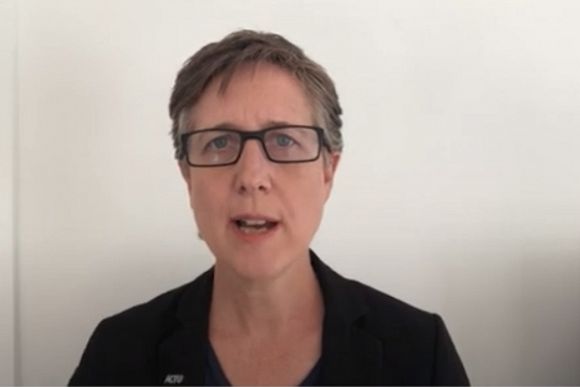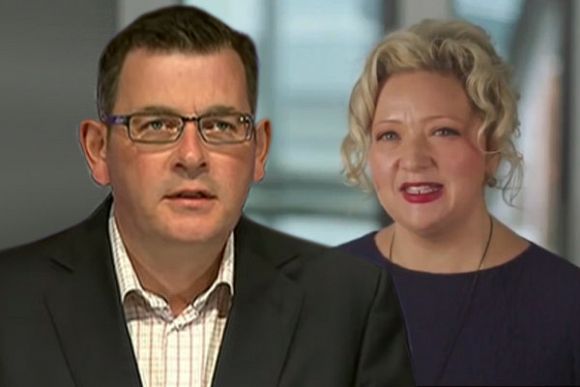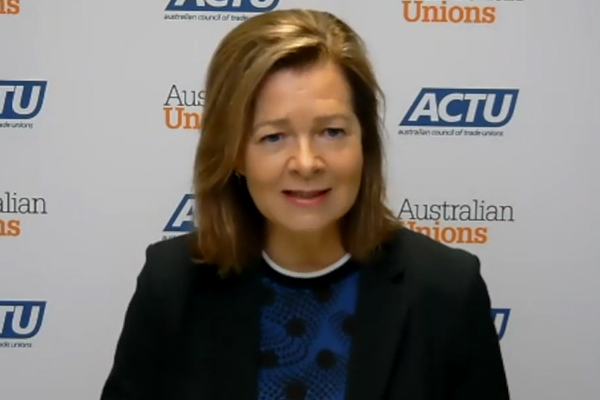Progress with the ongoing industrial relations reform negotiations has been slow, with both sides remaining steadfast in their objectives, writes William Olson.
IN THE ONGOING negotiations in Sydney and Canberra over industrial relations reforms, the factions at the negotiating tables have much to deliberate over with regard to the demands needed to successfully gain a bipartisan set of results which will work for the union movement, workers and business groups alike.
Also, the demands of the Morrison Government, since Attorney-General Christian Porter has given all negotiating parties a deadline of the end of September of this year.
Moreover, Porter has been on record as saying that industrial relations reforms would be instituted in October, regardless of whether or not any accords on the issues at hand reach maximum satisfaction to both sides.
Therefore, the motivations are clear — reach agreements which suit the future of IR legislation as being beneficial to workers and employers alike.
An understanding of the processes at play is required in order to forecast what may likely happen. So, who are the factions at play and who’s fighting on each side?
Porter announced that a five-versus-five setup will have formed each of five different negotiating parties — five distinct representatives from any of the union groups negotiating for the working classes and five distinct representatives from employer groups, with no single representative doing any double duty.
The groups vying in negotiations will be attempting to find common ground in areas of the following: redefining what constitutes being a casual employee; simplifying awards; the making of enterprise agreements; compliance and enforcement; and Greenfields agreements for new enterprises.
The last two groups staged their negotiations on the week of 22 June, with the first three groups to have commenced their rounds of discussion thereafter.
And at the negotiating table, the gulfs between what each side is seeking has become quite apparent.
The union groups, led by Australian Council of Trade Unions (ACTU) President Michele O’Neil and Secretary Sally McManus, hope to achieve:
- improvements to the bargaining process;
- industry-level or multi-enterprise bargaining to encourage small workplaces to sign onto the same pay deal rather than remain on award conditions;
- the right to be granted to long-time casual workers with one employer to convert to permanent part-time work status; and
- to grant the Fair Work Commission (FWC) the jurisdiction to deal with cases of employee underpayments, and the power to criminally prosecute cases of wage theft.
Related Articles
Meanwhile, the employer groups, with the Australian Industry Group (AIG) being poised front and centre, are seeking:
- the removal of conditions and entitlements within existing awards which are already in the present legislation (such as with regards to annual leave, personal/carer’s leave, redundancy pay, notice of termination, consultation, dispute resolution, flexibility agreements and requests for flexible work arrangements);
- to replace the Better Off Overall Test for approving enterprise agreements;
- with regard to existing casual employees, a clarification that they are “classified as, and paid as such” so that they wouldn’t receive casual loadings and permanent work entitlements simultaneously;
- to retain the current civil penalties for underpayment, rather than creating a criminal offence for serious underpayments; and
- to project life pay deals for new projects.
The contrast between the two sets of objectives appears to be quite simple. The overall interpretation of the employer groups’ demands generally claim that the award system is too complex, no changes to current federal wage theft laws, tougher amendments to current Greenfields legislation and denying promotion of those in the casual workforce.
The ACTU and its member unions, on the other hand, remain steadfast towards a more realistic and concise form of outcomes — maintaining a goal of improving workers’ conditions and wages through their series of objectives.
So, what’s the reported progress on negotiations so far? In the two-plus weeks since all unions and employers groups assembled, progress is going as one would expect — very slowly. Details of the current rounds of negotiations remain quite sparse and McManus has already said, when the talks were about to commence, that “we will not trade this for that”, nor will any other quid pro quo-type of negotiation outcomes take place.
And as far as rhetoric from the other side goes, employer groups also refuse to intend to give anything in the way of compromise. Which means that it is going to be a rough-and-tumble battle over the remaining three months.
“Anyone who thinks there will exchanges between the working parties will be sorely disappointed,” said Innes Willox, chief executive of AIG.
The likes of Porter and McManus – who had formed an unlikely alliance in the days leading up to the declaration of the pandemic which ultimately led to the JobSeeker and JobKeeper schemes – can only help the cause of the unions and ultimately the working classes.
And they will need every advantage – no matter how large or small – that they can get, given the relationship between the business lobbies and the LNP governments in power over the last seven years.
Outnumbered or not, on paper or otherwise, one would be foolish to count the ACTU and their affiliated unions out at the negotiating tables. O’Neil and McManus have shown resolve in the past to rally their collective troops behind a cause, such was the case with the Change The Rules campaign ahead of the 2019 Federal Election. That campaign, abandoned in name only since that election, was a cause with a broad set of principles that resonated across the union movement and those who felt that they were “stronger together” were willing to go into battle to defend those principles.
And as flawed as that campaign was perceived to be, sticking to its spirit and its principles, in a way of revisiting what the campaign was attempting to do, may provide the impetus to bring victory to the cause of achievement.
William Olson is a freelance journalist and hospitality professional. You can follow William on Twitter @DeadSexyWaiter.
 This work is licensed under a Creative Commons Attribution-NonCommercial-NoDerivs 3.0 Australia License
This work is licensed under a Creative Commons Attribution-NonCommercial-NoDerivs 3.0 Australia License
Support independent journalism Subscribe to IA.















